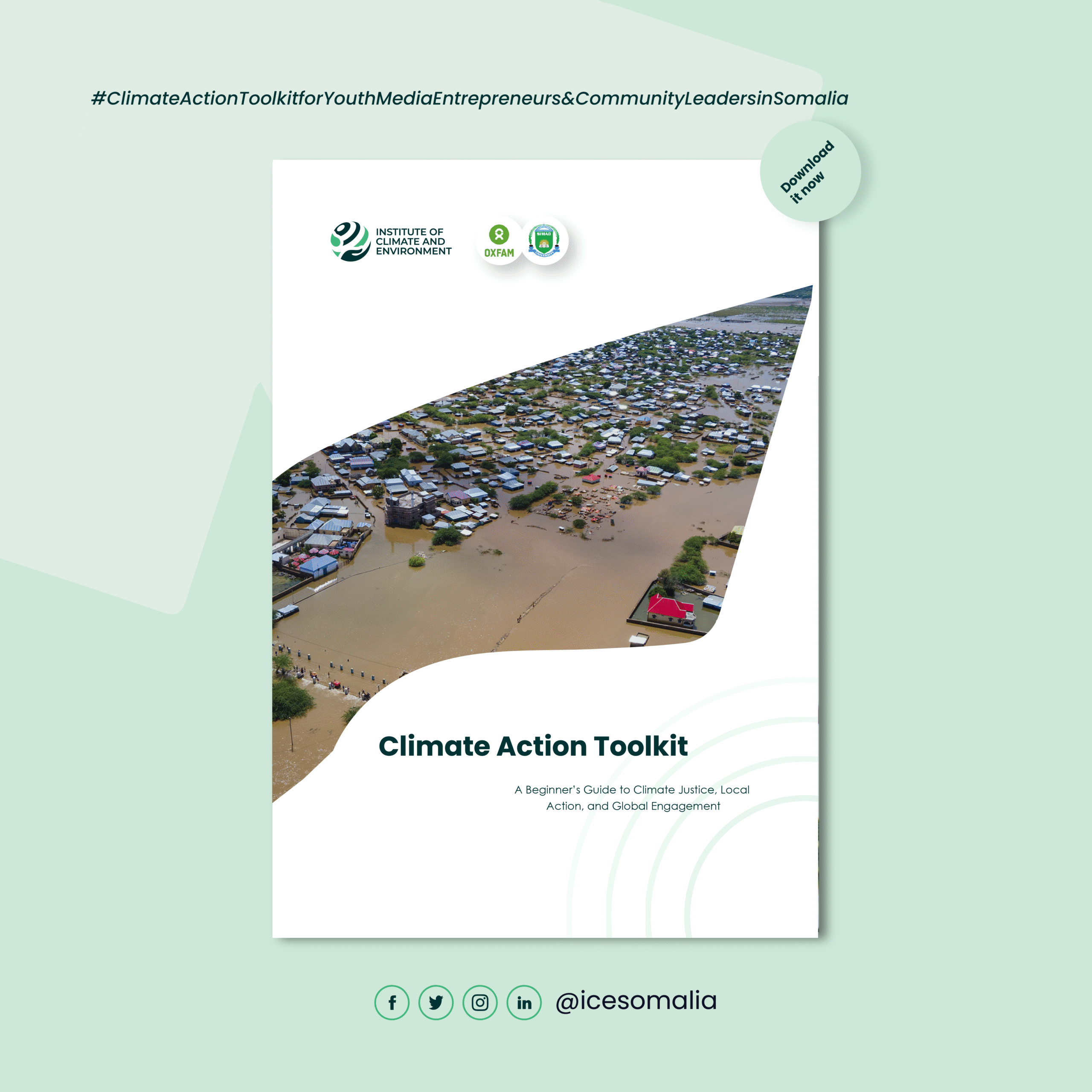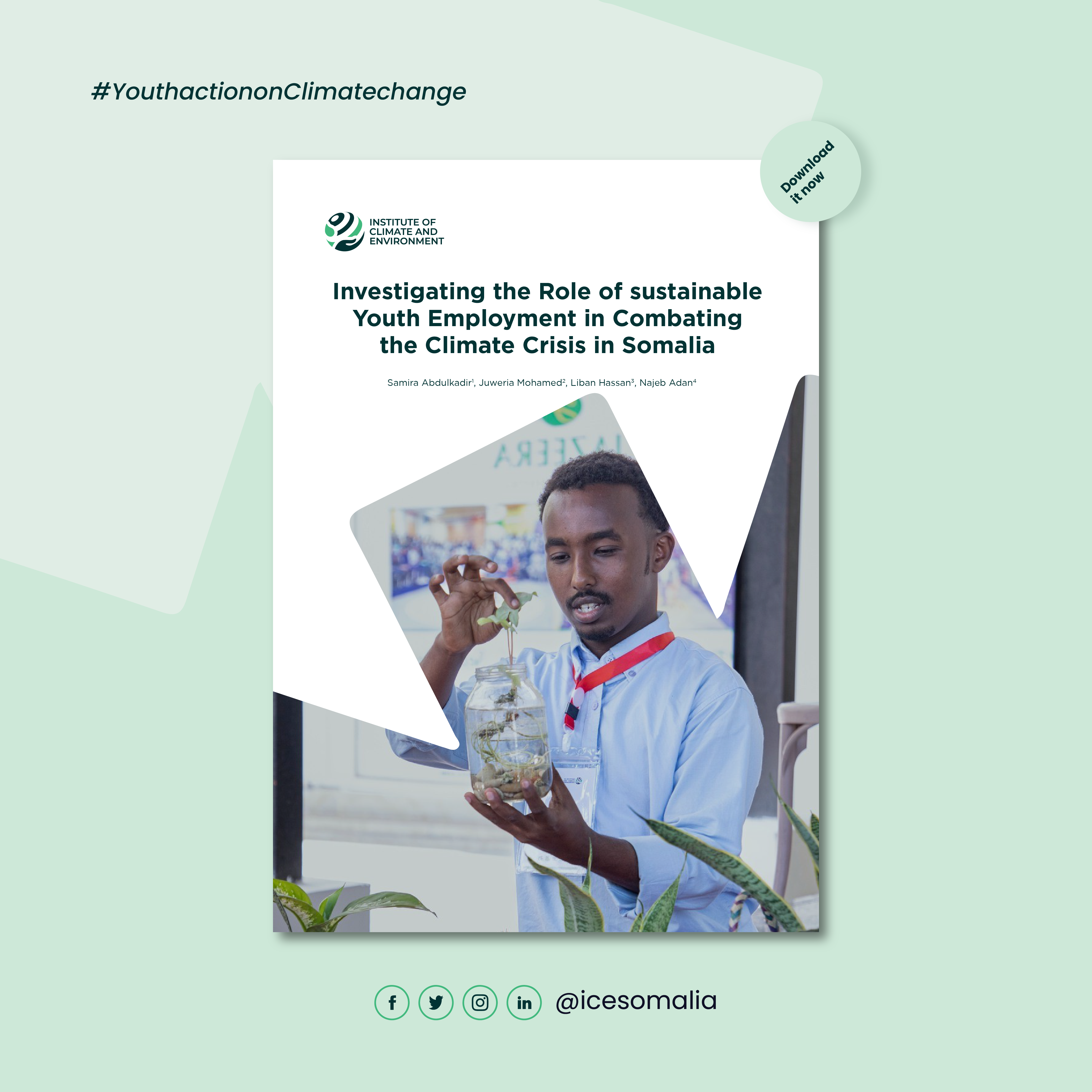
Education for sustainable development in Somalia: do economic growth, energy consumption, and population density affect ecological footprints?
Somalia faces intensifying ecological challenges, from deforestation to energy dependency. A recent study evaluates how education, energy consumption, population density, and economic growth impact Somalia’s ecological footprint from 1990 to 2020. Using ARDL and DOLS econometric models, the research uncovers several critical insights.
First, energy consumption—largely from nonrenewable sources—significantly worsens ecological degradation. In contrast, education emerges as a protective factor, reducing environmental stress through increased awareness and sustainable behavior. Population density, however, continues to exert pressure on already fragile ecosystems. Surprisingly, Somalia does not follow the Environmental Kuznets Curve; economic growth does not necessarily lead to better environmental outcomes.
The study calls for urgent reforms: increased investment in renewable energy, incorporation of environmental education, and better urban planning. With these, Somalia can balance development and sustainability.
Keywords: Ecological footprint, Sustainability, Somalia, Education, Energy consumption, Population density, Economic growth
Read and download the full paper!







